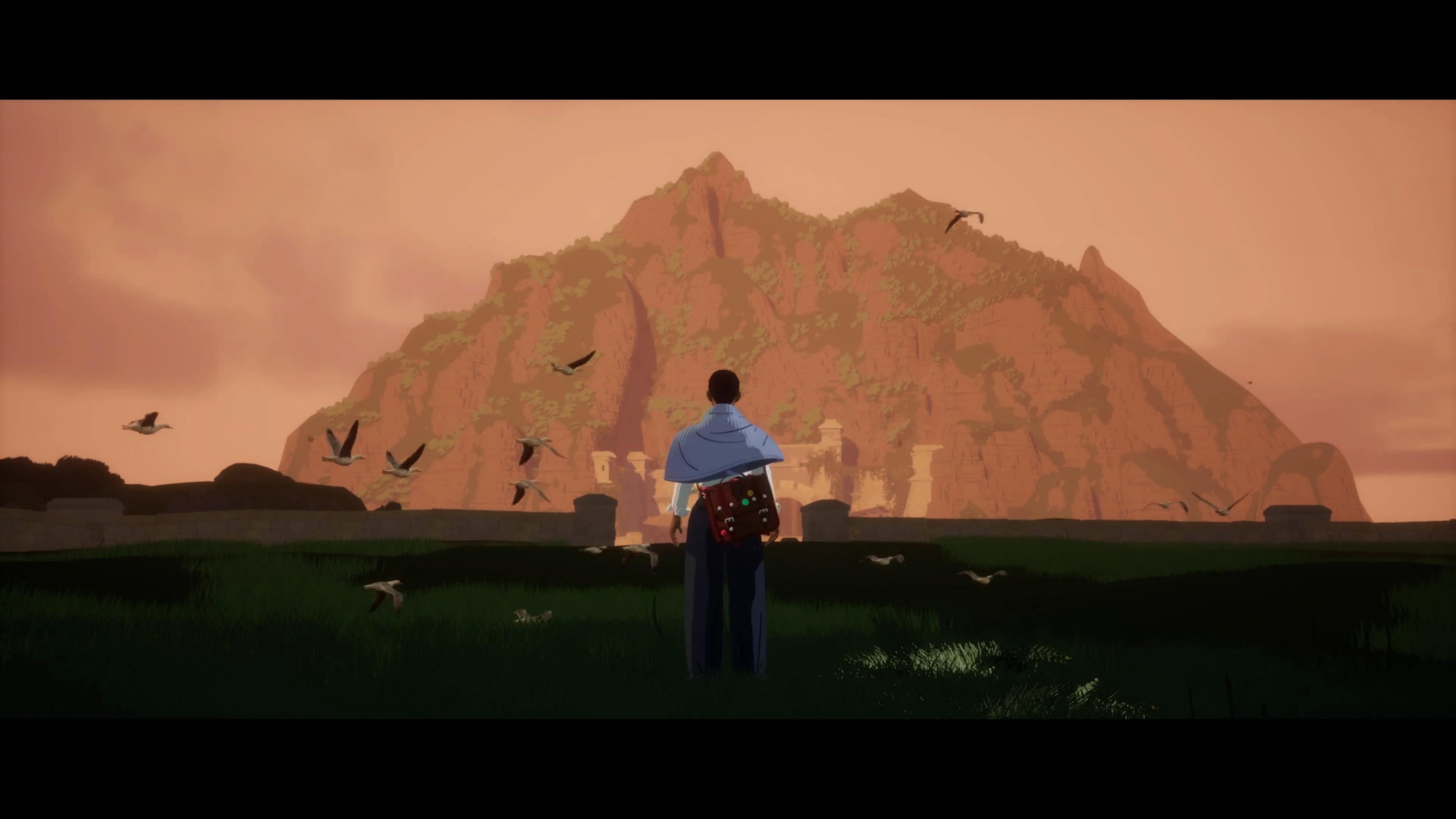February has been a rather busy month when it comes to gaming. The month has been pretty much dominated by Hogwarts Legacy, with the looming launch of Atomic Heart also top of mind.
Another game that has been on our minds of late is Season: A Letter to the Future.
It is a title that officially launched on 31st January, but with all the frenzy around other AAA offerings, we have only circled back to it now. The game first piqued our interest two years ago, when small snippets of gameplay footage with next to no context other than its intriguing visuals.
The first thought that came to our mind when seeing Season, was that its art style immediately drew you in. The fact that little was known about the actual storyline also ticks a box for us, especially as many titles these days suffer from information overload instead of simply letting the material speak for itself.
After we downloaded the game on PS5 for R539, we booted it up and were instantly hit with an offering steeped in charm and many unanswered questions.
As the name implies, Season: A Letter to the Future, revolves around the idea of different seasons. We’re not talking about summer, winter, autumn, and spring here, but rather ages. There is a golden season for example, as well as one where a global war broke out. There is also a season where a time sickness started “infecting” people, and this is where our protagonist comes into play.
Here she decides to leave her mountain town called Caro Village, armed with a journal, recorder, camera, and bicycle. This journey she embarks on is aimed at discovering what happened to the world outside of Caro Village, where the idea of memory plays a huge role. All interactions, abandoned buildings, flora, and fauna, are designed to help you gain an understanding of what happened to the world.
Whether this is an allegory for not making the same mistakes of the past, that time is fleeting, or that our memories are what connect us to the rest of the world is up for debate, but the world of Season: A Letter to the Future, allows you to string moments together in a really interesting way.
All of this is done with the intention of leaving a record behind for the future, so that what happened is never lost. Being able to piece all these elements together is what this game is really about.

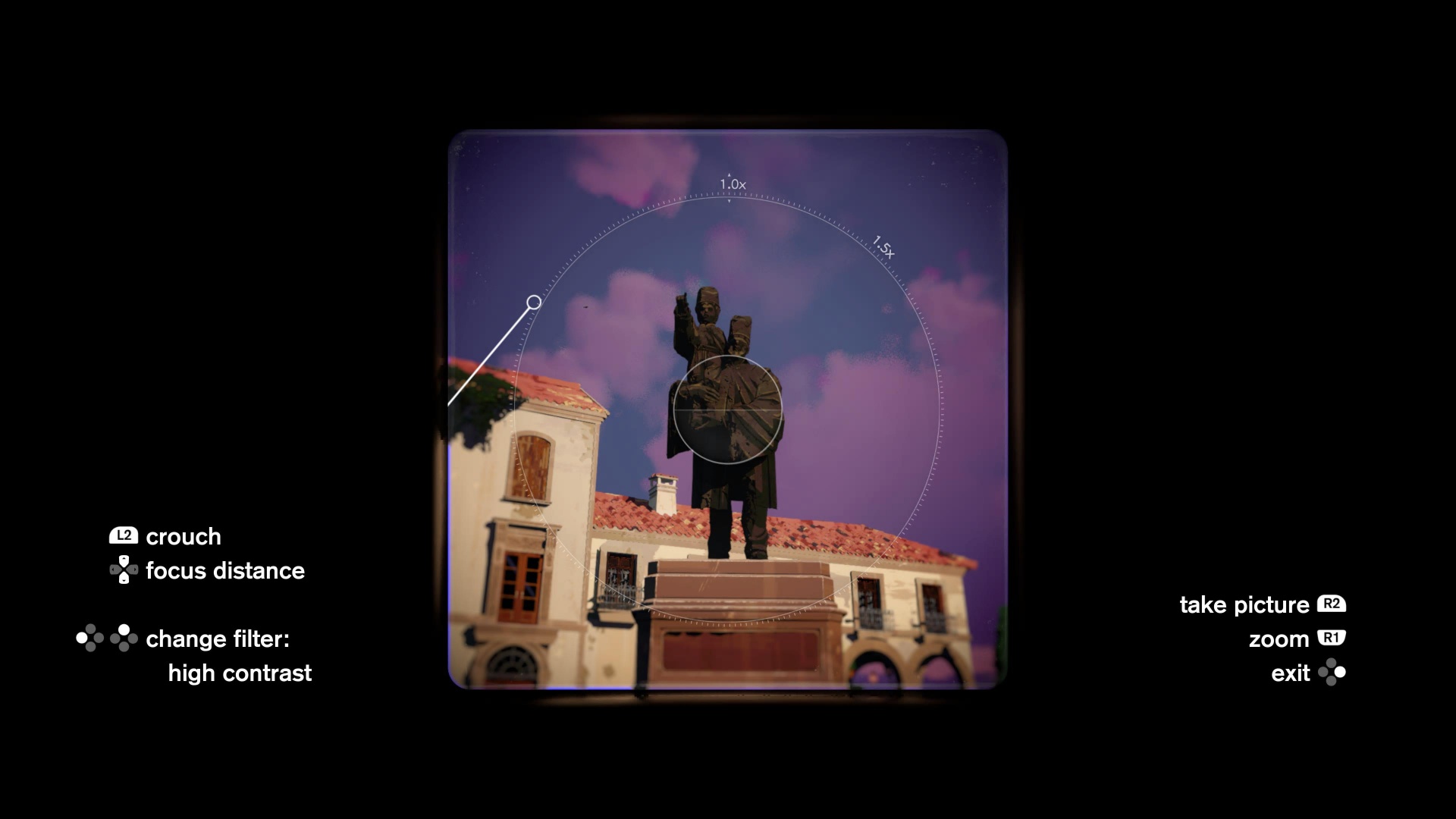


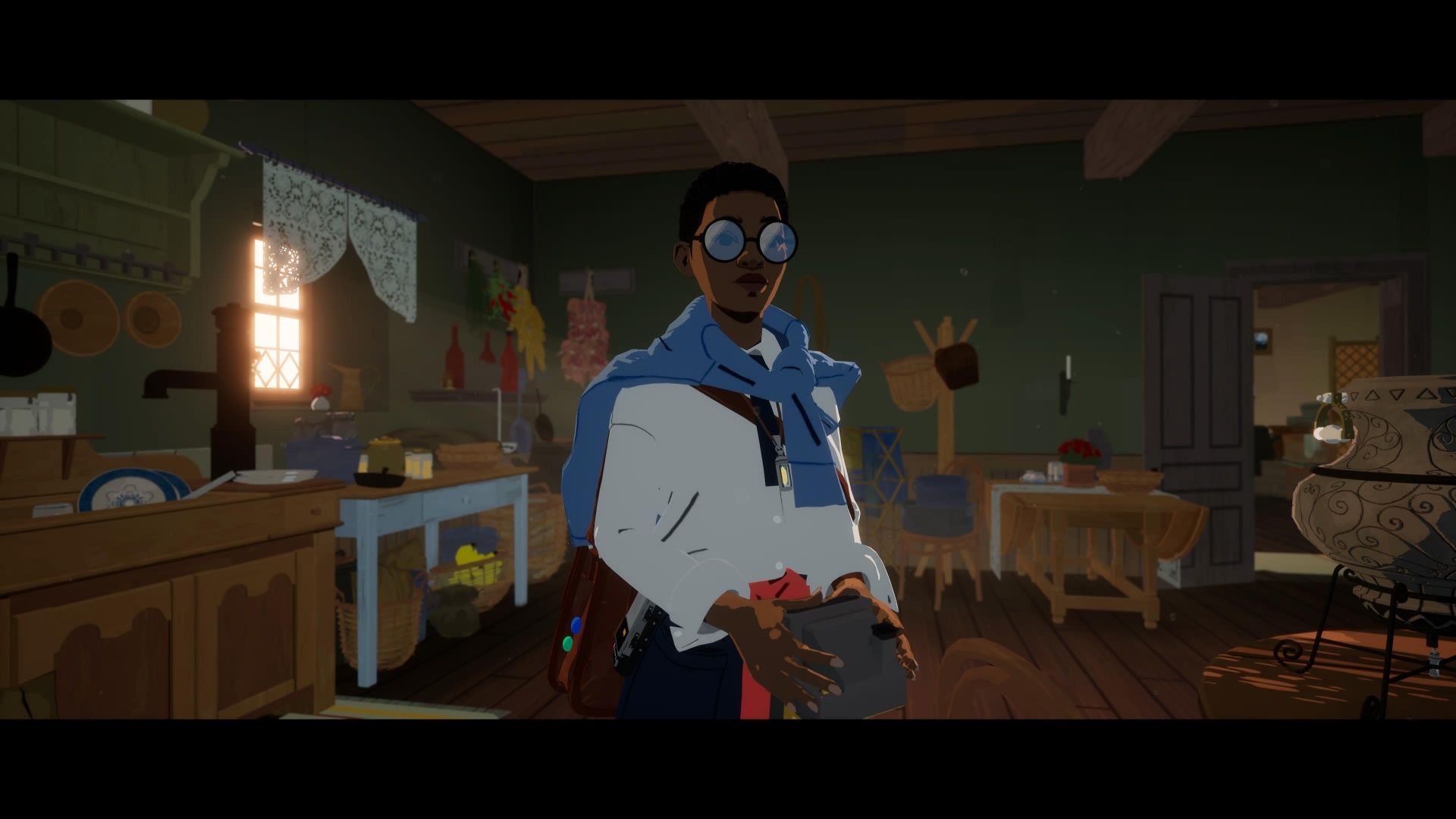
As for the actual gameplay, Season: A Letter to the Future does it all at its own pace. You move around the environment much like a real person would. You can run for example, but it never breaks out into a full sprint.
Each step taken by your protagonist is purposeful, and that helps to feed into the desire to explore every single nook and cranny of the environment you can. Each item you investigate offers up new nuggets of knowledge about the world, and the more keepsakes you collect, the fuller your picture of the season becomes.
The other main mode of transport in the game is your bicycle, which ferries you to each new location. It is also a piece of equipment you’ll want to keep close at hand, as it is not a mount that you can recall or find elsewhere, which is a mechanic a lot of open-word RPGs lean on.
The other key element of gameplay is the documenting tools you take along with you. The camera is retro styled akin to something out of Rollei, and the recorder has a similarly retro feel to it. These tools help you capture photos and audio of the world around you, with the former in particular yielding some beautiful shots.



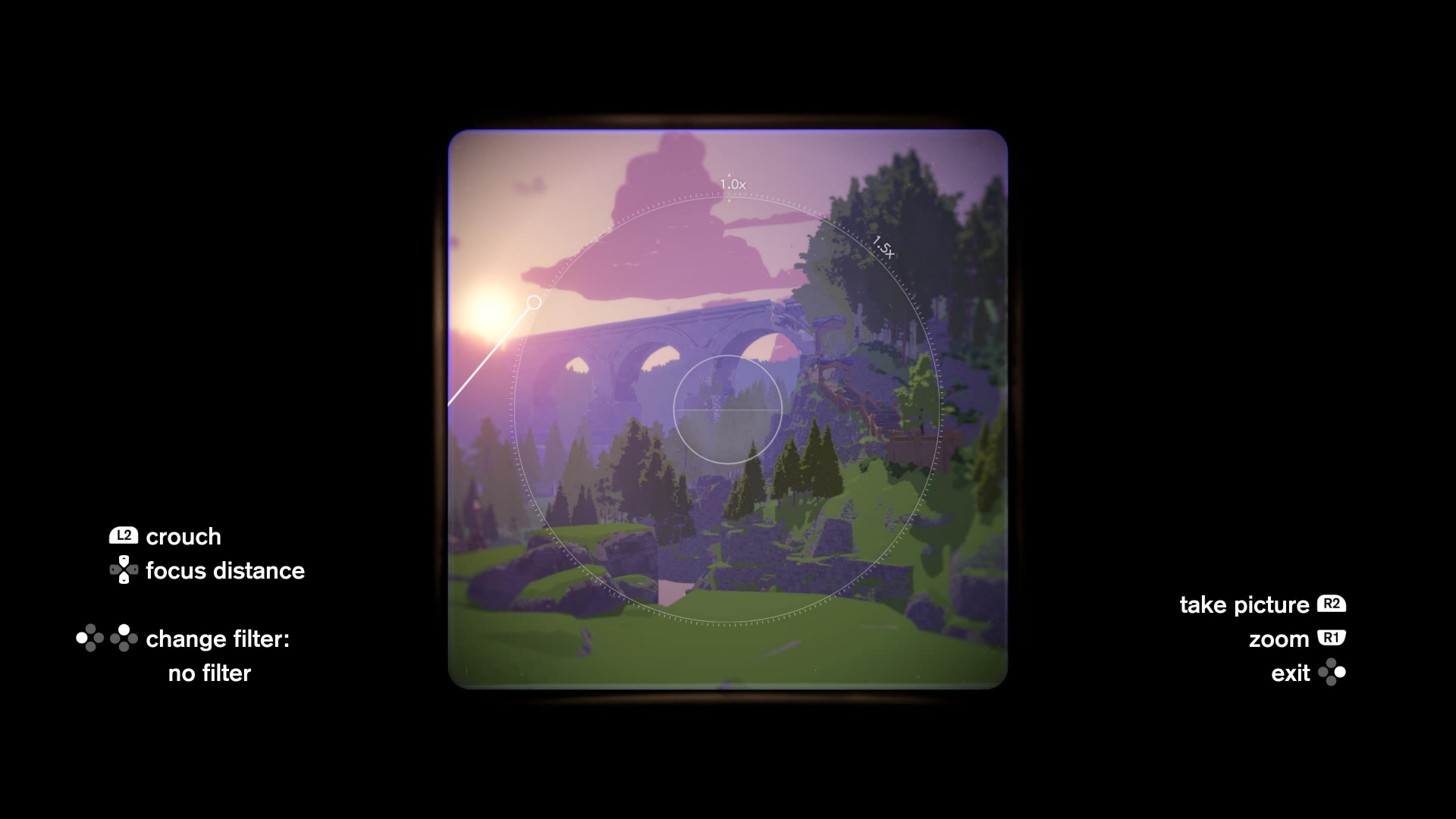
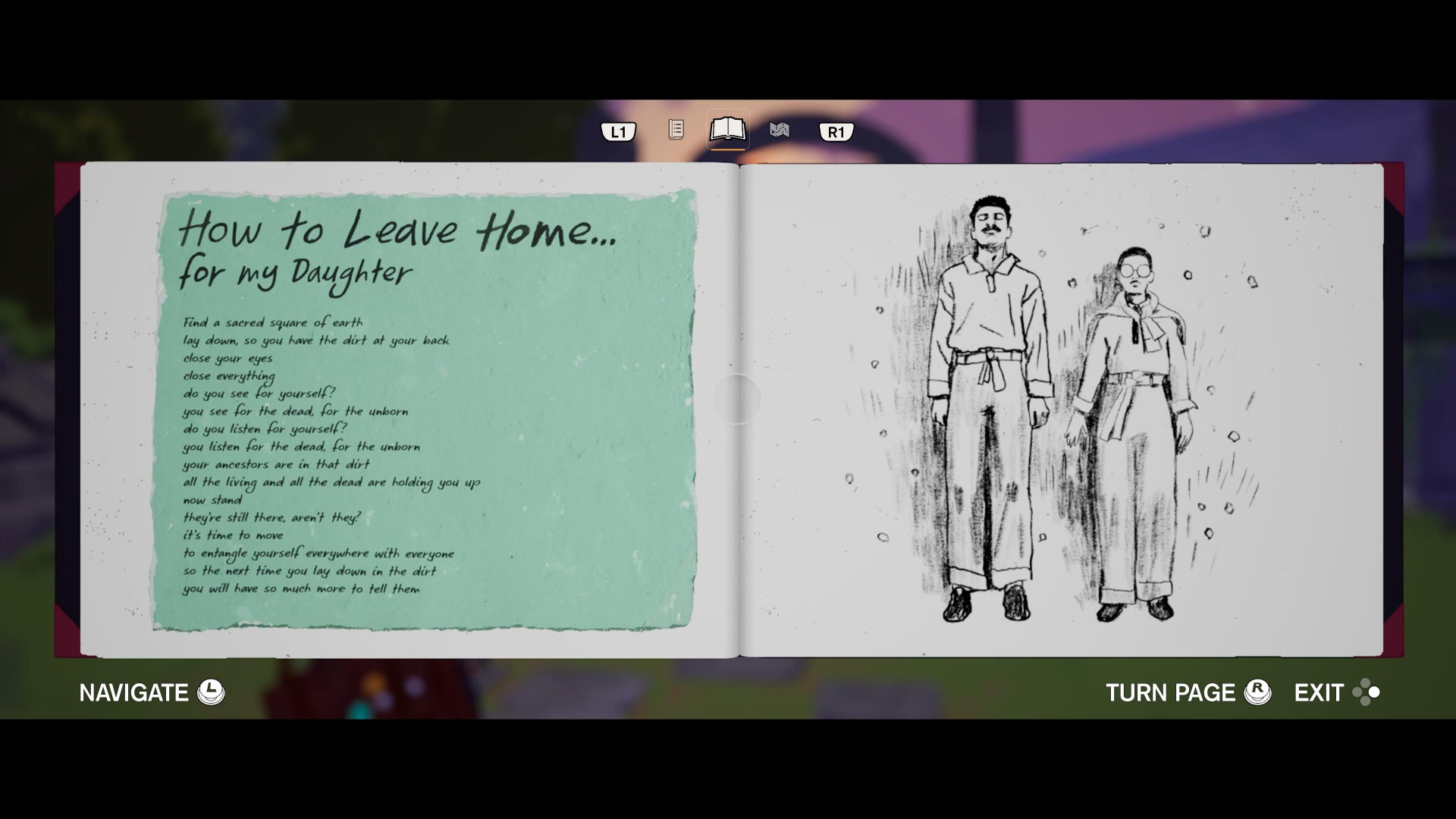
In fact the world of Season: A Letter to the Future is a breathtakingly beautiful one, offering up a cell-shaded style canvas that is rich in terms of the colour palette. It is one that you can definitely get lost in, and lends itself well to the slow pacing of the gameplay.
While a slow-moving game might not be everyone’s cup of tea, the way it is presented in Season is compelling and certainly a refreshing change of pace from what we have been playing of late.
In many ways, it reminds a lot of Death Stranding, with the notable exception of the Kojima weirdness. Put simply in both games, your character is out exploring a fairly barren world trying to make connections.
Season: A Letter to the Future is not a perfect game, in fact far from it, but the way it is presented, how it forces you to play, and its interesting premise, all lend themselves to time well spent.

